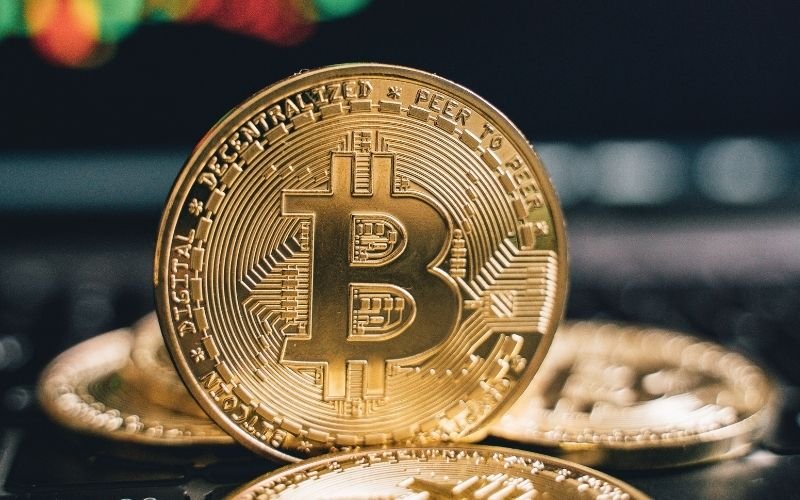The internal clock of the Solan blockchain is about 30 minutes behind real-time. The project developers confirm this fact while emphasizing that it has no impact on the network’s performance.
We can read the following on the official website of Solana:
Due to the extended block time, on-chain system time is delayed by about 30 minutes. While this does not affect network performance or performance, the times reported to observers and DAPPs may not be accurate.
Solana Proof-of-Stake is used as the consensus algorithm in the Solana blockchain, but Proof-of-History (PoH) is responsible for synchronizing network activity.
This problem is caused by the increase in the time needed for the validator to send the block to the network (the so-called slot time). In the case of the Solana network, it should be 400 ms, but at the time of writing it oscillates around 756 ms.
Validators in the Solana network create so-called clusters and are responsible for processing transactions on the blockchain. The PoH algorithm allows all nodes in the cluster to track time synchronously and in a decentralized manner.
Clusters lose synchronization with real-time when their time slot exceeds the reference value, and this has economic implications for ecosystem participants.
There have to be 432,000 slots in each era. If the slot time is taken as a reference value, there are 182 epochs during the year – each lasting 2-3 days, and a higher value means there are fewer epochs.
As stake prizes in Solana are paid once per era, reducing their number immediately impacts revenues received by the network’s validators and delegates.
Solana failures
In addition to its speed, Solana also faces substantial technological problems. The network experienced seven outages in 2022 alone, and the last one was caused by an attack by bots trying to exploit the NFT emission model.
The attack caused more than seven hours of downtime on April 30 and May 1. A record of 4 million transactions and 100 gigabits of data per second blocked the network, causing its validators to fail to confirm subsequent transactions.
Read also: The Thai government is not rushing to launch the CBDC


Comments are closed.